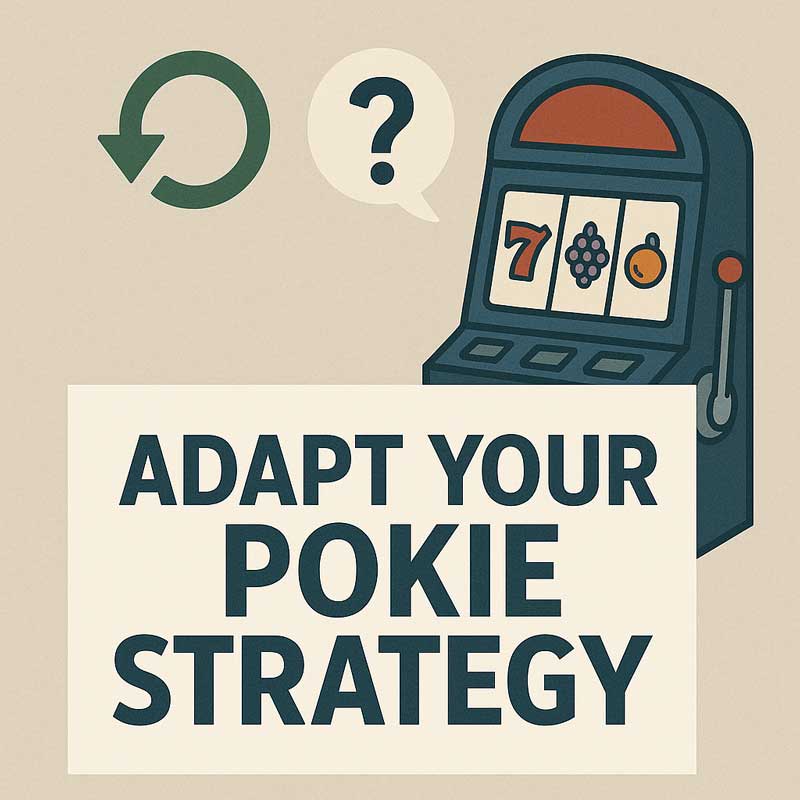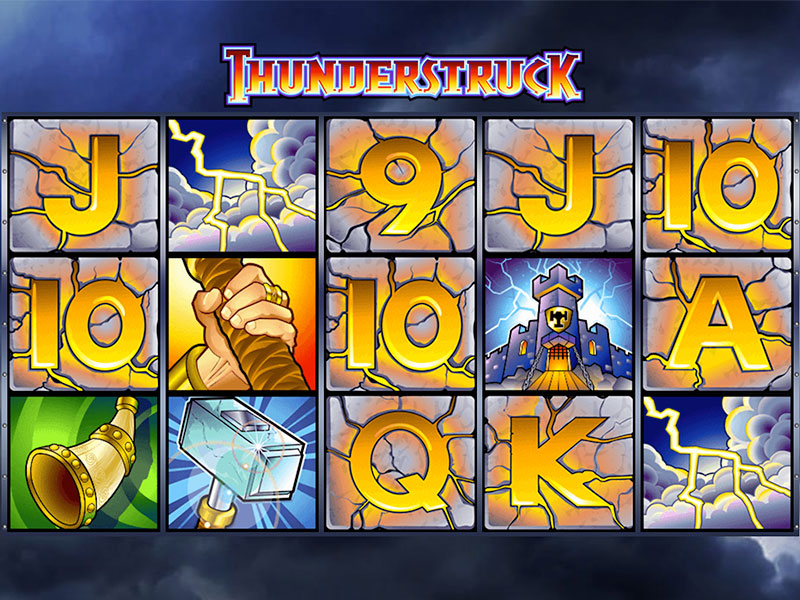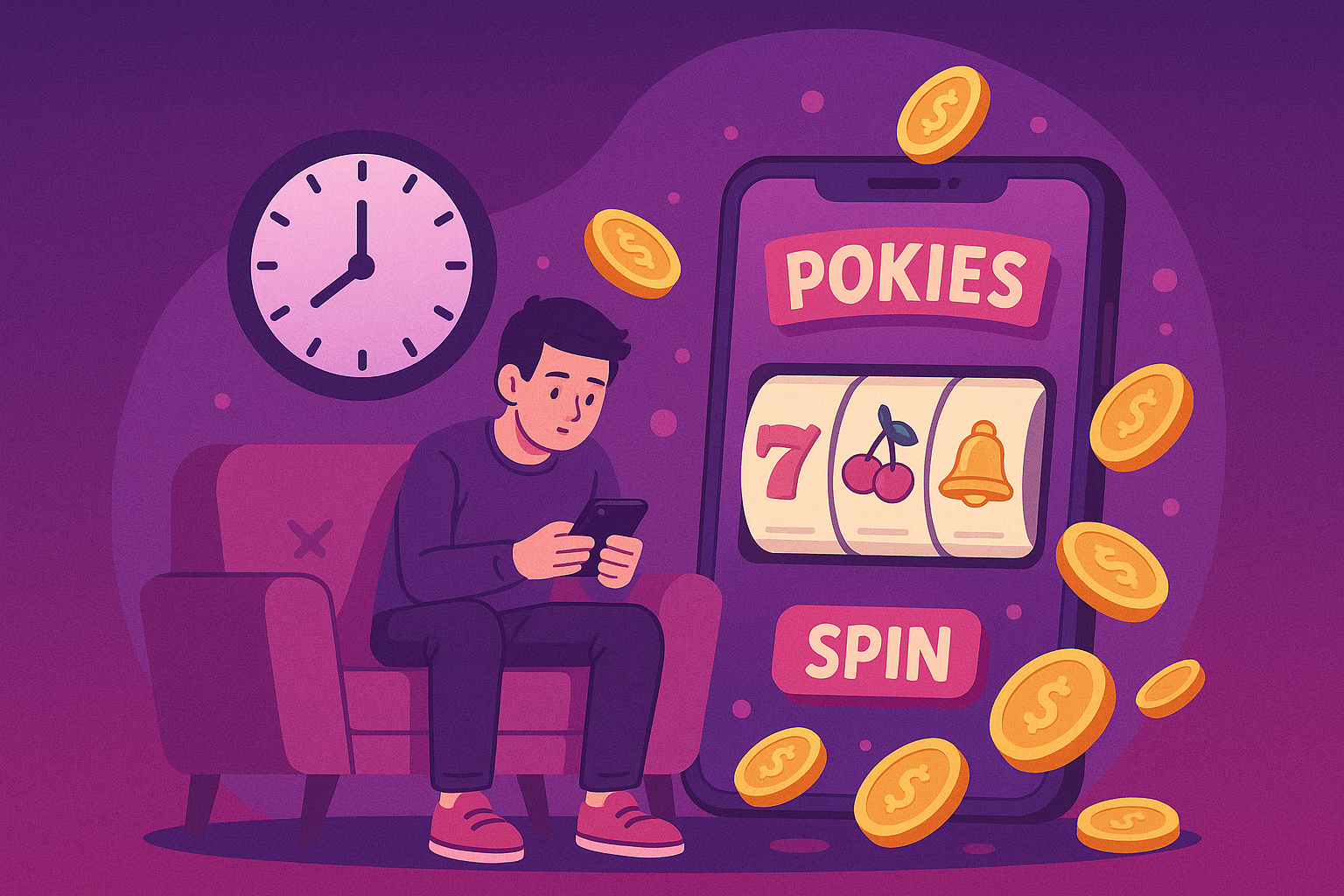When it comes to playing pokies—whether online or in a casino—there’s one skill that separates smart players from the rest: adaptability. The ability to adjust your strategy based on your bankroll, the type of game, and your playing goals can make a big difference to your overall experience.
Many casual players stick to a single routine: same bet size, same games, same style of play. While consistency has its place, pokies aren’t one-size-fits-all. Different situations call for different playing styles, and understanding when and how to shift your approach is key to long-term success—and fun.
In this guide, we’ll explore why adapting your slot strategy matters, and how to choose the right one based on your goals, mood, and bankroll.
There’s No Perfect Strategy—Only the Right One for the Moment
Let’s be clear: no strategy can beat the Random Number Generator (RNG) that powers every pokie. Each spin is random, and no amount of planning will change the odds. But that doesn’t mean strategy is useless.
A good strategy helps you:
- Stretch your bankroll
- Manage risk and volatility
- Stay in control of your session
Maximise your fun by matching the right game to your playing style
The trick is knowing when to pivot based on what’s happening in your session.
Adapting Based on Your Bankroll
Your available funds should always shape your strategy.
Small Bankroll Strategy:
- Stick to low volatility games with frequent, smaller payouts
- Choose lower bet sizes to increase your playtime
- Avoid chasing jackpots or expensive bonus buys
Large Bankroll Strategy:
- You can afford medium to high volatility slots with bigger win potential
- Try experimenting with bonus buys or progressive jackpots
- Adjust your bet size gradually as your balance grows
Tip: Divide your bankroll into sessions or limits. Once you hit your loss or win goal, pause or stop playing.
Adapting to Volatility
Not all pokies play the same way. Some are designed to give you small wins often, while others pay less frequently but in bigger chunks.
Low Volatility Pokies:
Best for players who want:
- Long sessions
- Frequent wins
- Less risk
High Volatility Pokies:
Best for players chasing:
- Bigger payouts
- Thrill and suspense
- Short, high-stakes sessions
By understanding volatility, you can switch games depending on your risk appetite, mood, and session length.
Matching Strategy to Your Goals
Every session should start with one question: What’s my goal today?
- Entertainment? Stick to fun, visually rich slots with low volatility.
- Profit chasing? Try high RTP, medium/high volatility slots with bonus potential.
- Fast action? Use larger bets or bonus buy features—but know the risk.
- Testing new games? Use demo mode or small bets to explore features.
There’s nothing wrong with switching between goals from one session to another—just make sure your strategy follows.
Know When to Switch It Up
Sometimes your strategy needs to change mid-game. Here’s when to pivot:
- You’re losing too quickly → Lower your bets or switch to a lower volatility game
- You’ve doubled your bankroll → Consider cashing out part and playing more aggressively
- You’re bored or disengaged → Try a new theme or feature-rich game
- You hit a big win → Pocket a portion and set a new win goal
The best players don’t just follow a plan—they know when to adjust it.
Withdraw Immediately (Especially Online)
If you’re playing at an online casino, don’t leave your winnings sitting in your account. It’s far too tempting to return later and use it as a bonus fund.
Withdraw right away—or at least move it to a separate wallet or account. Some platforms even allow partial withdrawals so you can secure some winnings while still playing.
Bonus Tip:
Track your withdrawals over time. Watching your net gains is far more satisfying than losing it all in one bad night.
Final Thought: Flexibility = Control
At the end of the day, learning to adapt your pokie strategy is about staying in control. Instead of relying on luck alone, you’re actively managing how you play, where you play, and what you expect from the session.
Adaptable players:
- Lose less when things go wrong
- Win smarter when things go right
- Enjoy the experience more overall
So next time you spin, ask yourself: Is this strategy still working for me? If not, switch it up. The reels may be random, but how you play doesn’t have to be.










